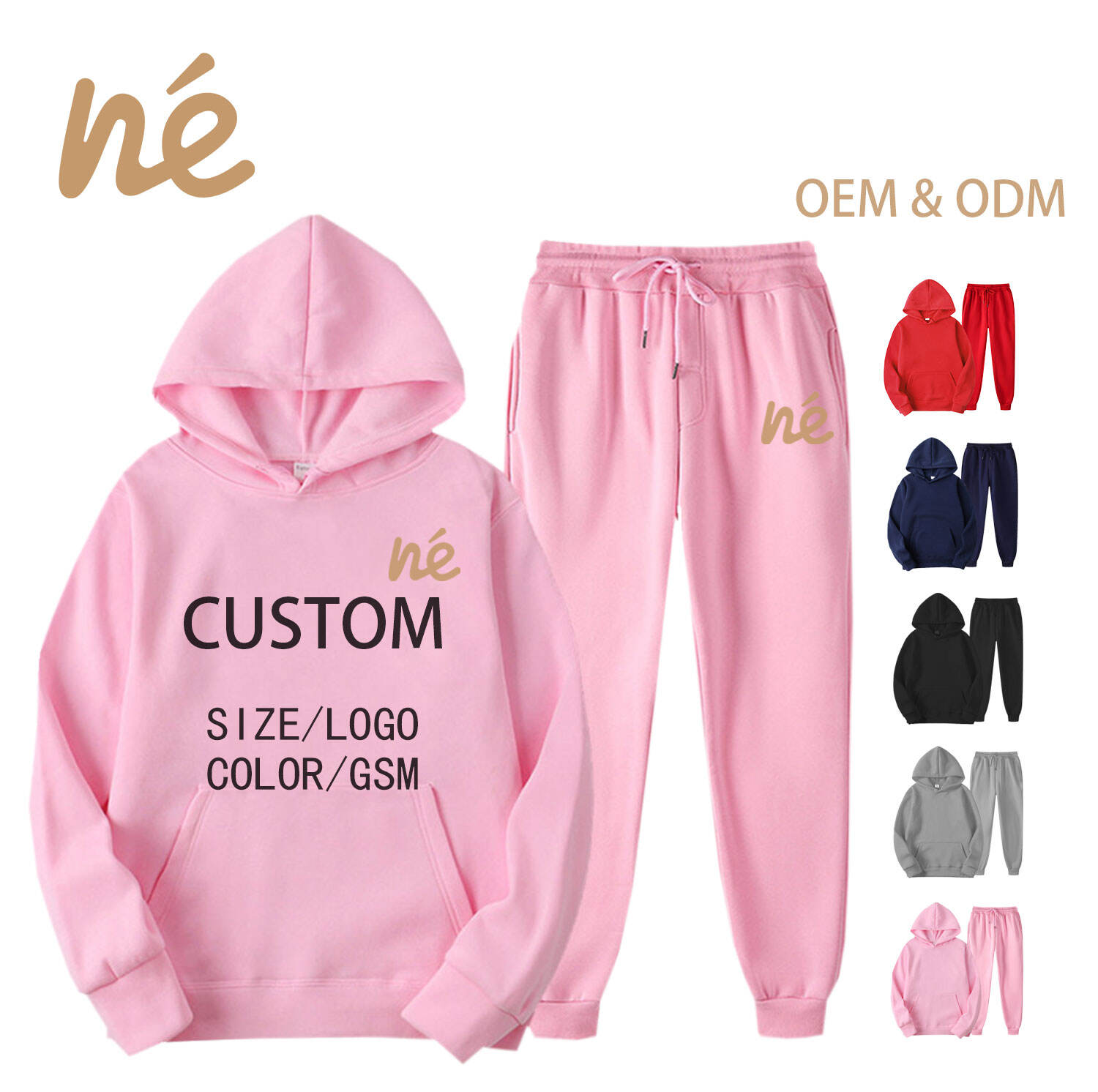manufacturing of readymade garments
The manufacturing of readymade garments represents a sophisticated industrial process that transforms raw textiles into finished clothing items ready for retail distribution. This comprehensive process encompasses multiple stages, from design conceptualization to final packaging. Modern garment manufacturing employs advanced technologies including computer-aided design (CAD) systems for pattern making, automated cutting machines for precise fabric utilization, and specialized sewing equipment for consistent quality. The process begins with fabric selection and quality testing, followed by pattern making and marker planning to maximize material efficiency. The cutting phase utilizes advanced machinery to ensure accuracy and minimize waste, while the sewing phase combines skilled labor with automated systems for optimal production speed and quality. Quality control checkpoints are integrated throughout the process, utilizing digital inspection systems and standardized testing procedures. The finishing stage incorporates modern pressing equipment, packaging systems, and inventory management technology. This industry has evolved to meet the growing demand for fast fashion and customization, implementing just-in-time production methods and flexible manufacturing systems to respond quickly to market trends.











